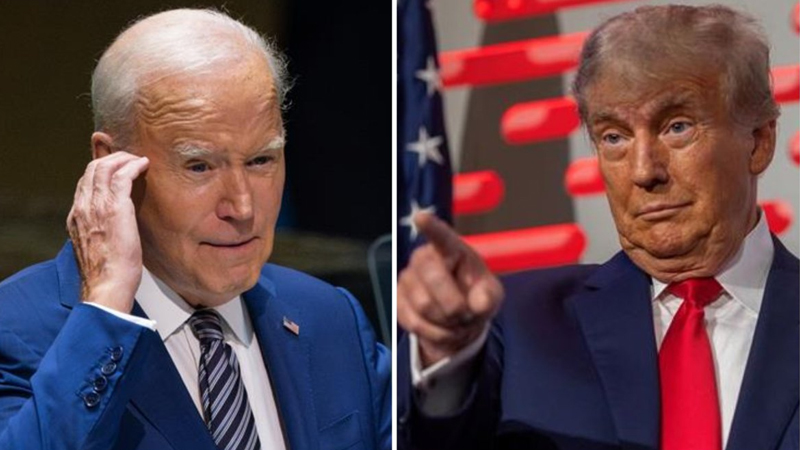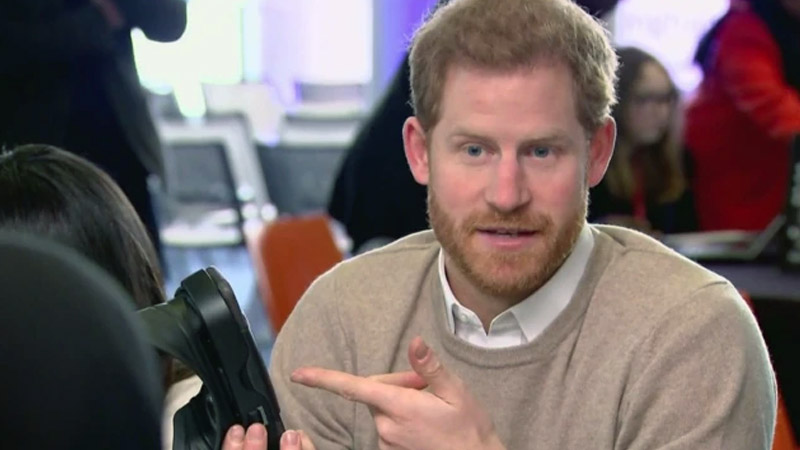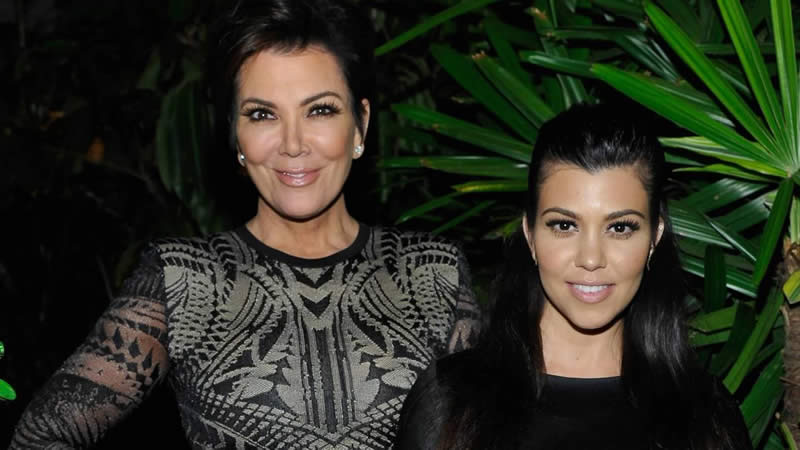“yes” unless there’s “massive cheating” Sen. J.D. Vance Sets Conditions for Accepting 2024 Presidential Election Results

(GETTY)
Sen. J.D. Vance (R-Ohio) expressed conditional acceptance of the 2024 presidential election results during his appearance on CNN’s “State of the Union” this Sunday, stating his readiness to acknowledge the outcome “if it’s a free and fair election.” The Ohio Republican, known as an ally of former President Donald Trump and a potential vice-presidential candidate, emphasized the importance of vigilance in ensuring the integrity of the election process.
Vance’s comments reflect a growing sentiment among some Republican lawmakers who are preparing to challenge the election results should they suspect discrepancies. He drew parallels between past Democratic challenges, such as in the 2000 election, and the Republican response to the 2020 election, suggesting that both parties have historically exercised their right to question election outcomes under certain circumstances.
“Republicans need to be prepared to pursue any problems and prosecute their case if they think there were issues,” Vance remarked, referring to the actions taken by Democrats in previous elections and by Republicans following the 2020 election when Trump made unsubstantiated claims of voter fraud and pursued multiple unsuccessful legal challenges.
In the interview, Vance also confidently predicted a victory for Trump in the upcoming presidential race but reiterated his commitment to accept a win by President Joe Biden if he deemed the election legitimate. This stance introduces a layer of conditionality to Vance’s acceptance of potential election outcomes, illustrating a strategic approach by some within the GOP to safeguard their interests by setting preliminary criteria for accepting election results.
This cautious approach was mirrored by Sen. Lindsey Graham (R-S.C.), who, in a separate interview on NBC’s “Meet the Press,” stated he would accept the November race’s outcome provided there was no “massive cheating.” Graham’s own involvement with the 2020 election aftermath included controversial actions, such as contacting Georgia’s Secretary of State to inquire about discarding mail-in ballots in certain counties—a state Trump narrowly lost.
Despite not being indicted by Fulton County District Attorney Fani Willis in the Georgia election interference probe, a special grand jury recommended criminal charges against Graham for his role in promoting Trump’s claims.
Furthermore, earlier this year, Vance expressed to ABC’s George Stephanopoulos a willingness to have delayed certifying the 2020 election, had he been in Vice President Mike Pence’s position. He advocated for an alternate approach involving multiple slates of electors, which would have escalated the decision to Congress—a move reflecting deep divisions on electoral integrity within American politics.
Vance, who has transformed from a staunch Trump critic—once labeling him as “America’s Hitler“—to a supporter, admitted he was wrong about Trump’s presidential capabilities. “I didn’t think he was going to be a good president,” Vance admitted to CNN, “And I was very, very proud to be proven wrong.”
These statements from Vance not only underscore the ongoing debates within the U.S. political landscape about election integrity but also highlight the complex dynamics of allegiance and opposition within the Republican Party as they navigate the upcoming 2024 presidential election.


